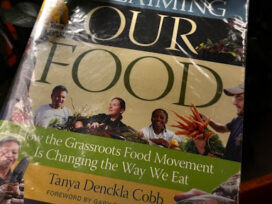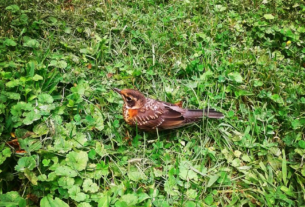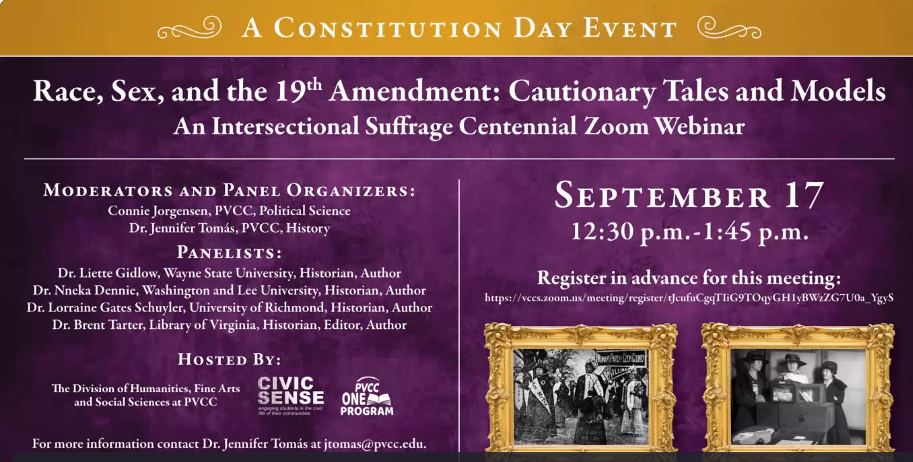
A Discussion on Race, Sex, and the 19th Amendment
On Sept. 17, Dr. Jennifer Tomas hosted a seminar on the topics of race, sex, and the 19th Amendment. She took out the time to chat about each of these topics with the input of her trusted panelists. These are topics related directly to Americans today, due to the clear lines that have been drawn between the roles of women in politics and the role of men. The idea of women and people of color being inferior to men is prevalent in the articles of the constitution. However, there have been developments in the world since the drafting of these documents.
As an author, Dr. Liette Gidlow, historian at Wayne University, has dived deeper into the theory and logic that may or may not have been incorporated into the constitutional amendments. She discussed how important it is to understand that the individuals of this country worked hard to ensure that the rights of the people who were most affected by the changes were protected. The main objective of her writing was to make the connection between the suffrage of women and the struggle for African American citizens in the early ’50s into the ’60s. She drew the conclusion that although they are both independent struggles, they are also similar in the unfair treatment of the citizens of the United States.
“Some succeeded and their successes, even though relatively few in number, I find had an outsized impact on the politics of race in the 20th century U.S. Now, this work is in dialogue with previous scholarships that have argued that after 1920 southern African American women didn’t vote. Some argue that they did not try to vote because Black men had been thoroughly disenfranchised by this point in time and they, you know, may have concluded that it was just too dangerous to even try.” said Gidlow “I found extensive evidence that some southern Black women could in fact navigate all the barriers to voting that had been put up before them, some of them could pay the poll taxes and pass those literacy tests and some did indeed on the order of thousands in a number of locations.”
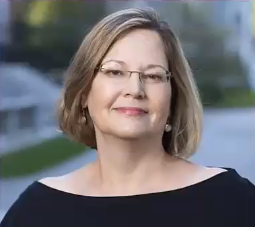
Historian and author from the University of Richmond, Dr. Lorraine Schuyler, was driven to research the opportunities taken by southern women and African American women. This was a struggle that was divided, a lot like many other American issues at the time. The men that were in higher offices were fearful that if women were given too much power, it would ultimately alter the decisions of the country. The most remarkable thing about the voting battle for women was the drive through violence for women of color to be able to vote on issues that would alter the world as it was known. Her research revealed that without the determination of the African American women, there may have been reforms that were held off many more years.
“Newly enfranchised women were using their votes to affect policy making and also to affect the structure of politics as Dr. Gidlow’s work suggests as soon as they had that tool in their hands.” said Schuyler “Black and White southern women in the south largely struggled separately to use that tool.”
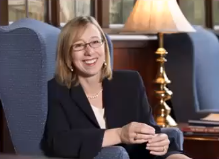
Dr. Brent Tarter, historian, editor, and author at the Library of Virginia, was willing to share his perspective, as a male, on the issues of gender and race equality in the polls of the early suffrage movement. The benefit of having the opportunity to hear from a male on the issue of gaining rights here in Virginia would be the sight of looking from the outside in to see that real challenge. The people who led the charge were the unheard of heroes of the democracy of America through the suffrage movement.
“I spent many years working on African American history in Virginia and on women’s history in Virginia. In fact, for preparation for this anniversary year my colleagues Barbara Batson, Mary Julian, and I published a book entitled The campaign for women’s suffrage in Virginia.” said Tarter “We also did a very major educational exhibition at the library that allowed us to learn about the people who are leading the campaign for woman suffrage in Virginia.”
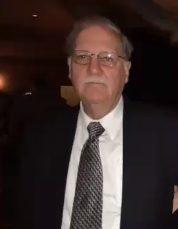
Lastly, Dr. Nneka Dennie, historian and author at Washington and Lee University, shared that she has been working on two writing projects about the true responsibility of African American women during the 19th century. She has been looking to answer the questions and expand the view of “Black radicalism” with African American women in this country. It was also mentioned that she plans to highlight the figures from history themselves to get a raw view of what the movement actually looked like. Dr. Dennie made three points very clear: suffrage was intertwined with abolitionism, some women pulled from other gender roles to push for progress in the evolution of the county, and African American women that were activists in the 19th century were the image of what would come for the future.
“My research is first and foremost concerned about how we understand black women who produced different knowledge or different types of theories. During the 19th century about race and gender.” said Dennie “So that being said, one of the projects I’m currently working on, titled Redefining Radicalism: The Rise of Black Feminism and the Politics of Respectability in the 19th Century, is really concerned with how we understand black women as feminists theories theorists during the 19th century, and how we understand Black women as Black radicals during the 19th century.”
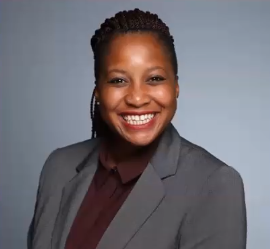
As the seminar continued, these doctors and historians continued to discuss the commonalities of their research, it gave students the opportunity to hear from professors that may not be their own and how their perspectives may differ from what was taught elsewhere.



